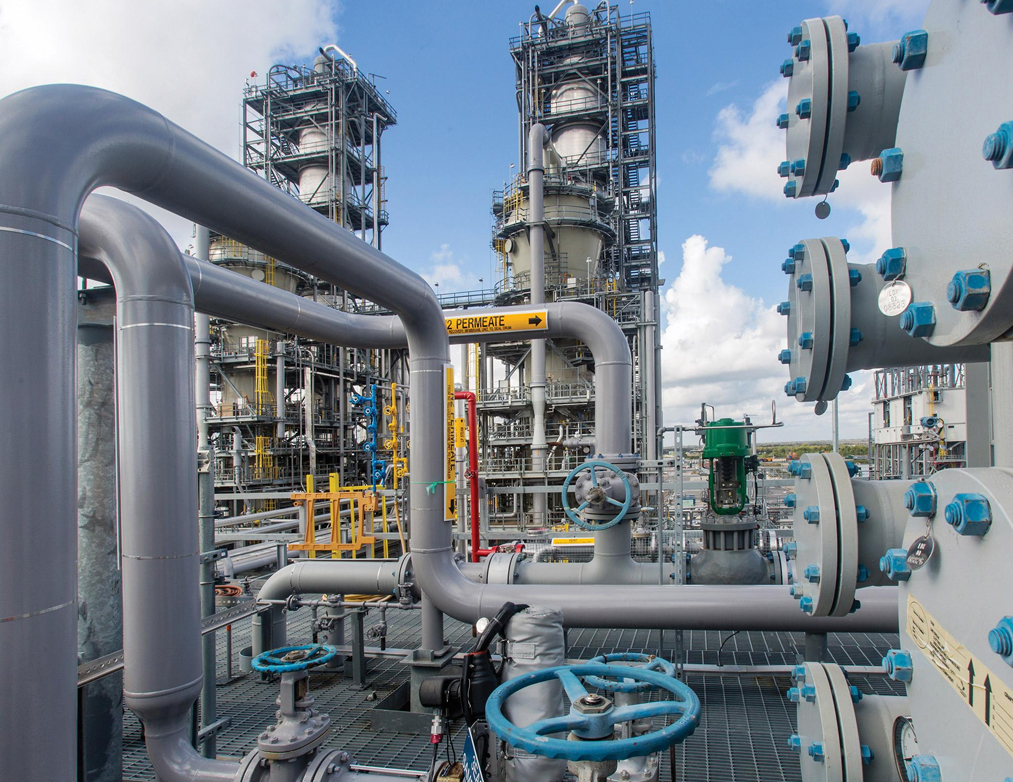Macedonian
- Afrikaans
- Albanian
- Amharic
- Arabic
- Armenian
- Azerbaijani
- Basque
- Belarusian
- Bengali
- Bosnian
- Bulgarian
- Catalan
- Cebuano
- Corsican
- Croatian
- Czech
- Danish
- Dutch
- English
- Esperanto
- Estonian
- Finnish
- French
- Frisian
- Galician
- Georgian
- German
- Greek
- Gujarati
- Haitian Creole
- hausa
- hawaiian
- Hebrew
- Hindi
- Miao
- Hungarian
- Icelandic
- igbo
- Indonesian
- irish
- Italian
- Japanese
- Javanese
- Kannada
- kazakh
- Khmer
- Rwandese
- Korean
- Kurdish
- Kyrgyz
- Lao
- Latin
- Latvian
- Lithuanian
- Luxembourgish
- Macedonian
- Malgashi
- Malay
- Malayalam
- Maltese
- Maori
- Marathi
- Mongolian
- Myanmar
- Nepali
- Norwegian
- Norwegian
- Occitan
- Pashto
- Persian
- Polish
- Portuguese
- Punjabi
- Romanian
- Russian
- Samoan
- Scottish Gaelic
- Serbian
- Sesotho
- Shona
- Sindhi
- Sinhala
- Slovak
- Slovenian
- Somali
- Spanish
- Sundanese
- Swahili
- Swedish
- Tagalog
- Tajik
- Tamil
- Tatar
- Telugu
- Thai
- Turkish
- Turkmen
- Ukrainian
- Urdu
- Uighur
- Uzbek
- Vietnamese
- Welsh
- Bantu
- Yiddish
- Yoruba
- Zulu
Telephone: +86 13120555503
Email: frank@cypump.com
Јул . 30, 2024 04:18 Back to list
Comparing Effluent Pumps and Sewage Pumps for Effective Wastewater Management Solutions
Effluent Pump vs. Sewage Pump Understanding the Differences
When it comes to wastewater management, both effluent pumps and sewage pumps play critical roles in transporting and managing liquids. However, they serve different purposes and are suited for different applications. Understanding the distinctions between these two types of pumps is essential for selecting the right equipment for your needs.
What is an Effluent Pump?
An effluent pump is designed to transport wastewater that has already undergone some level of treatment, typically excluding large solids. This type of pump is often used in scenarios such as removing wastewater from aerobic treatment systems, lift stations, or septic tank effluent filtering systems. Effluent pumps have smaller impellers, allowing them to efficiently handle liquids with less solid content. They generally can handle particles up to around ½ inch in diameter.
Common Applications of Effluent Pumps
1. Septic Systems In many residential applications, effluent pumps are used to move treated wastewater from the septic tank to the drain field. They help ensure that the effluent is distributed evenly in the leach field for proper absorption.
2. Aeration Systems Effluent pumps are also commonly found in aeration systems for wastewater treatment plants. Their ability to pump treated water aids in the filtration processes before the water is released into the environment.
3. Conveying Treated Water They are used for transferring treated water for irrigation or other uses, ensuring that the water maintains its quality for sustainable practices.
What is a Sewage Pump?
In contrast, sewage pumps are designed to move raw sewage—liquid waste that often contains solid and semi-solid debris. These pumps are robust machines built to handle both liquids and solids, including paper, food scraps, and other organic material. Sewage pumps typically come equipped with larger impellers to facilitate the pumping of more substantial solids, capable of handling items that can be several inches in diameter.
effluent pump vs sewage pump

Common Applications of Sewage Pumps
1. Municipal Wastewater Treatment Sewage pumps are often utilized in municipal systems to transport large volumes of raw sewage from residential and commercial properties to treatment facilities.
2. Commercial Facilities Restaurants, hotels, and large buildings may rely on sewage pumps to manage the high volume of wastewater they generate, ensuring efficient and safe disposal.
3. Basements or Low Areas For homeowners with basements or properties below the main sewer line, sewage pumps are essential for transferring wastewater up to the main line, preventing backups and maintaining sanitary conditions.
Key Differences Between Effluent and Sewage Pumps
1. Solids Handling The most significant difference lies in their capacity to handle solids. Effluent pumps are not equipped to manage large solids, while sewage pumps can handle raw sewage with various debris.
2. Design and Construction Sewage pumps are typically heavier and more robust due to the need to withstand the stress of pumping solid waste, whereas effluent pumps can be lighter and designed for less demanding applications.
3. Operational Environment Effluent pumps are suited for treated wastewater environments, while sewage pumps are built for handling the raw and often odoriferous waste typically encountered in municipal waste systems.
Conclusion
Choosing between an effluent pump and a sewage pump depends largely on the specific application and type of wastewater to be managed. Understanding the nuances of each pump can help homeowners, builders, and municipal planners make informed choices that affect safety, efficiency, and environmental impact in wastewater management. Whether you are dealing with treated effluent or raw sewage, selecting the right pump is crucial for effective waste management.
-
ISG Series Vertical Pipeline Pump - Chi Yuan Pumps Co., LTD.|High Efficiency, Low Noise, Durable
NewsAug.02,2025
-
ISG Series Vertical Pipeline Pump - Chi Yuan Pumps | High Efficiency, Low Noise
NewsAug.02,2025
-
ISG Series Vertical Pipeline Pump- Chi Yuan Pumps Co., LTD.|High Efficiency&Compact Design
NewsAug.02,2025
-
Heavy-Duty Mining Sludge Pumps - Wear-Resistant Slurry Handling
NewsAug.02,2025
-
Horizontal Split Case Pump with GPT-4 Turbo | High Efficiency
NewsAug.01,2025
-
ISG Series Pipeline Pump - Chi Yuan Pumps | High Efficiency, Durable Design
NewsAug.01,2025










